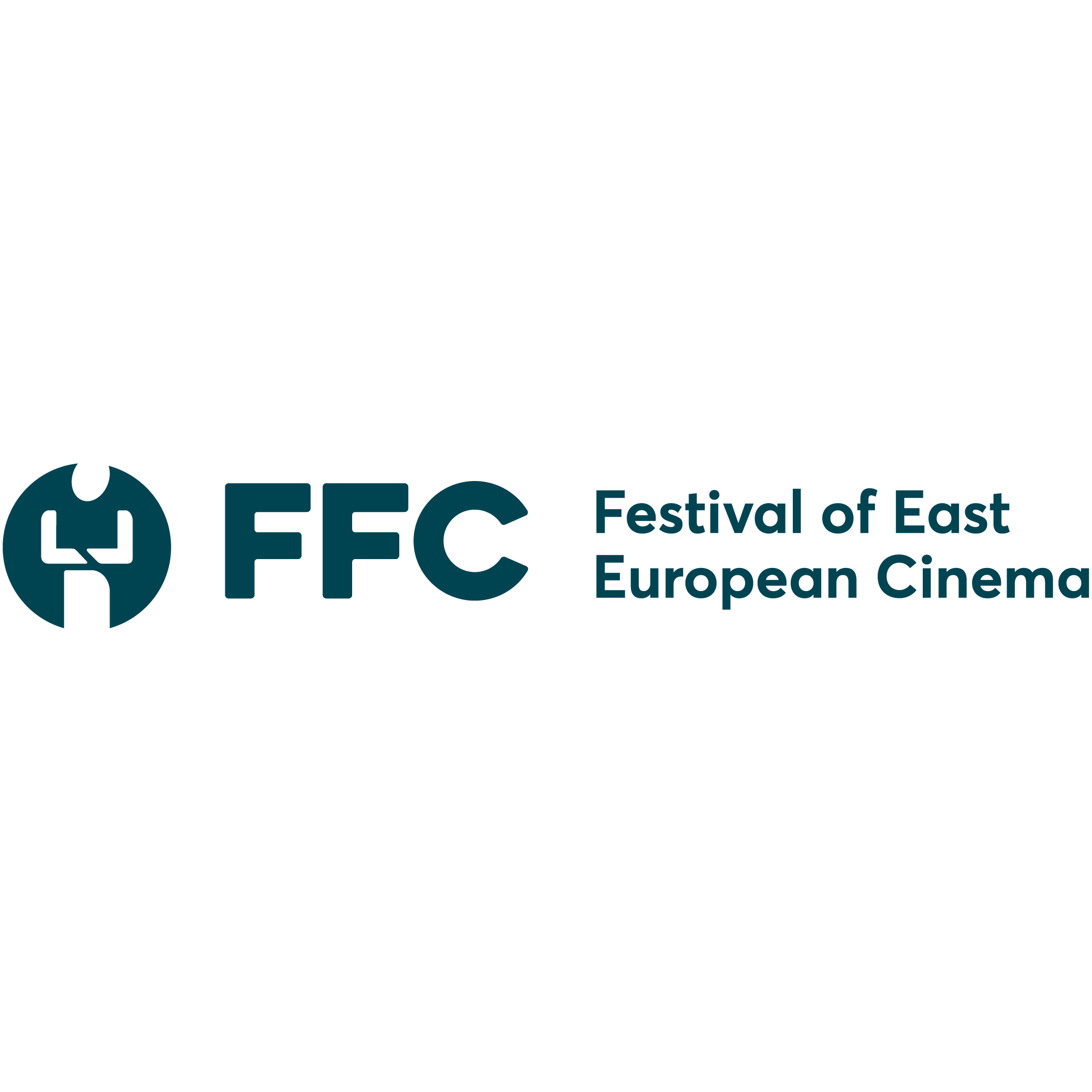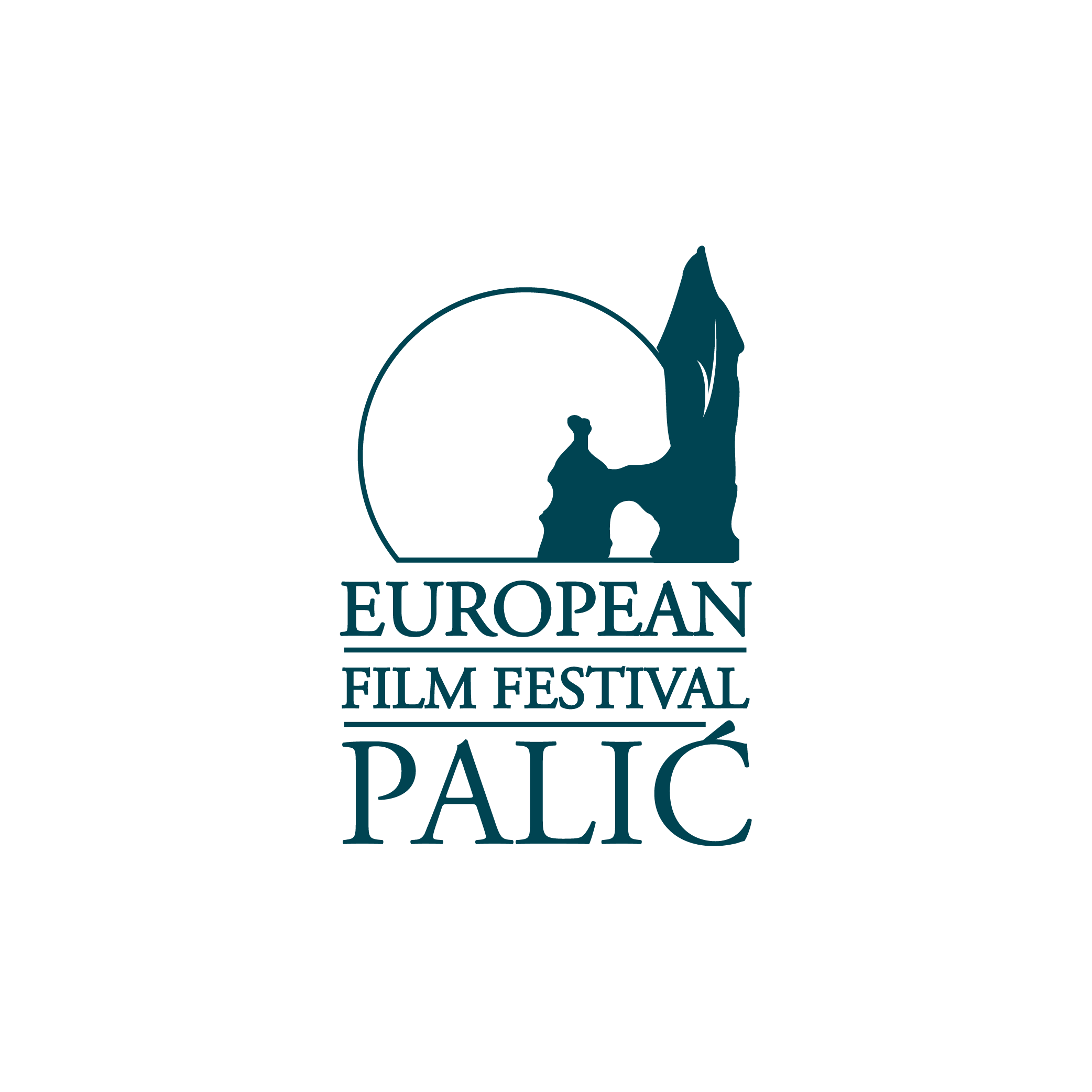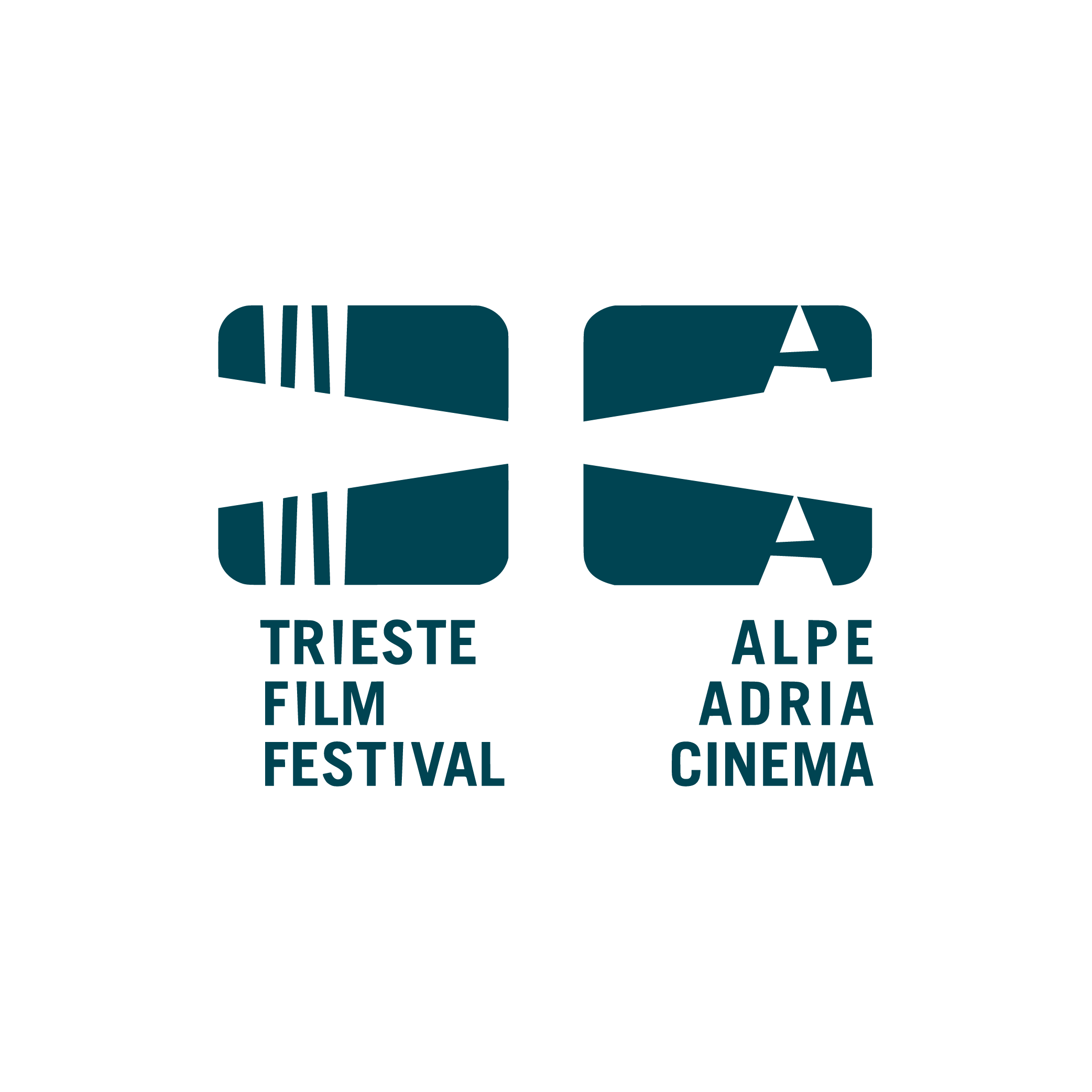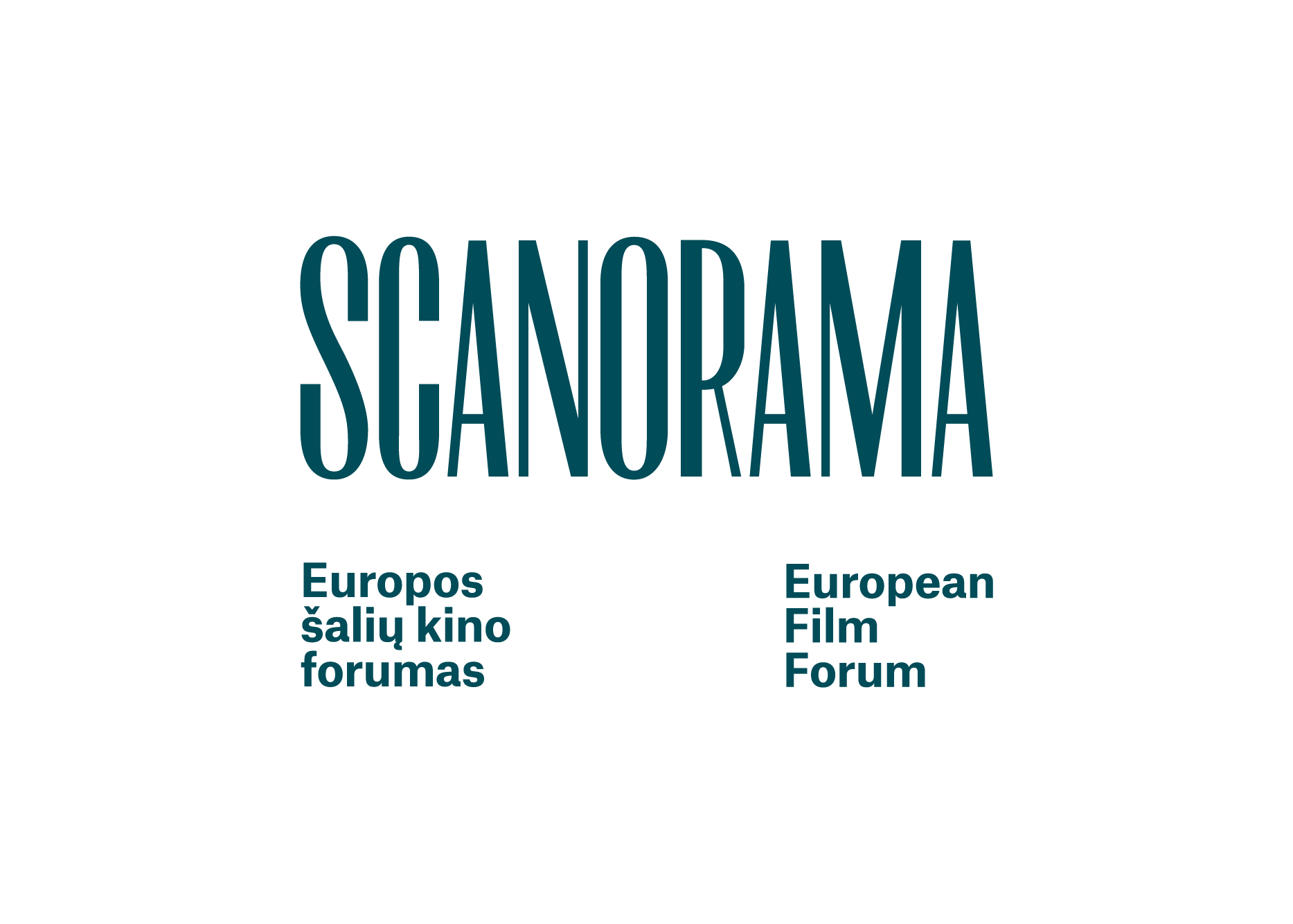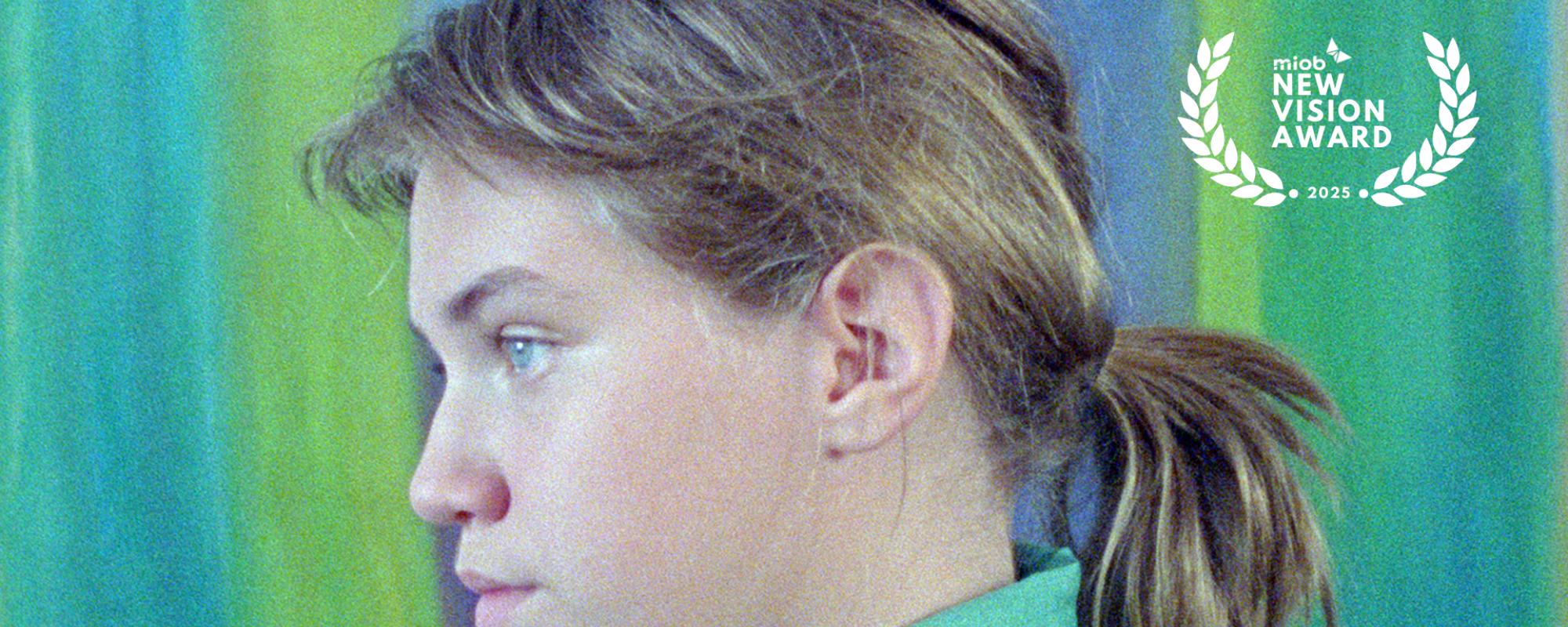
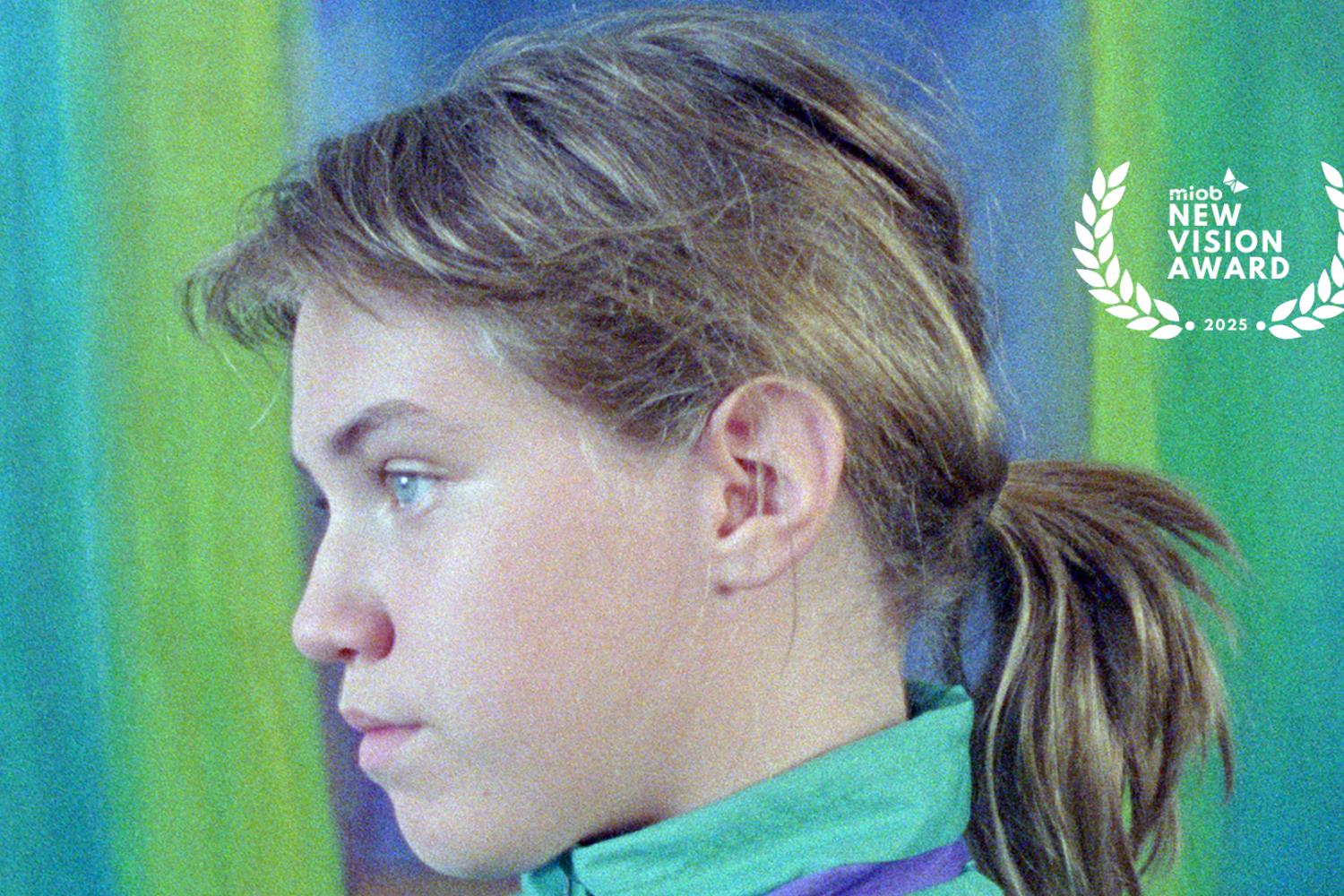
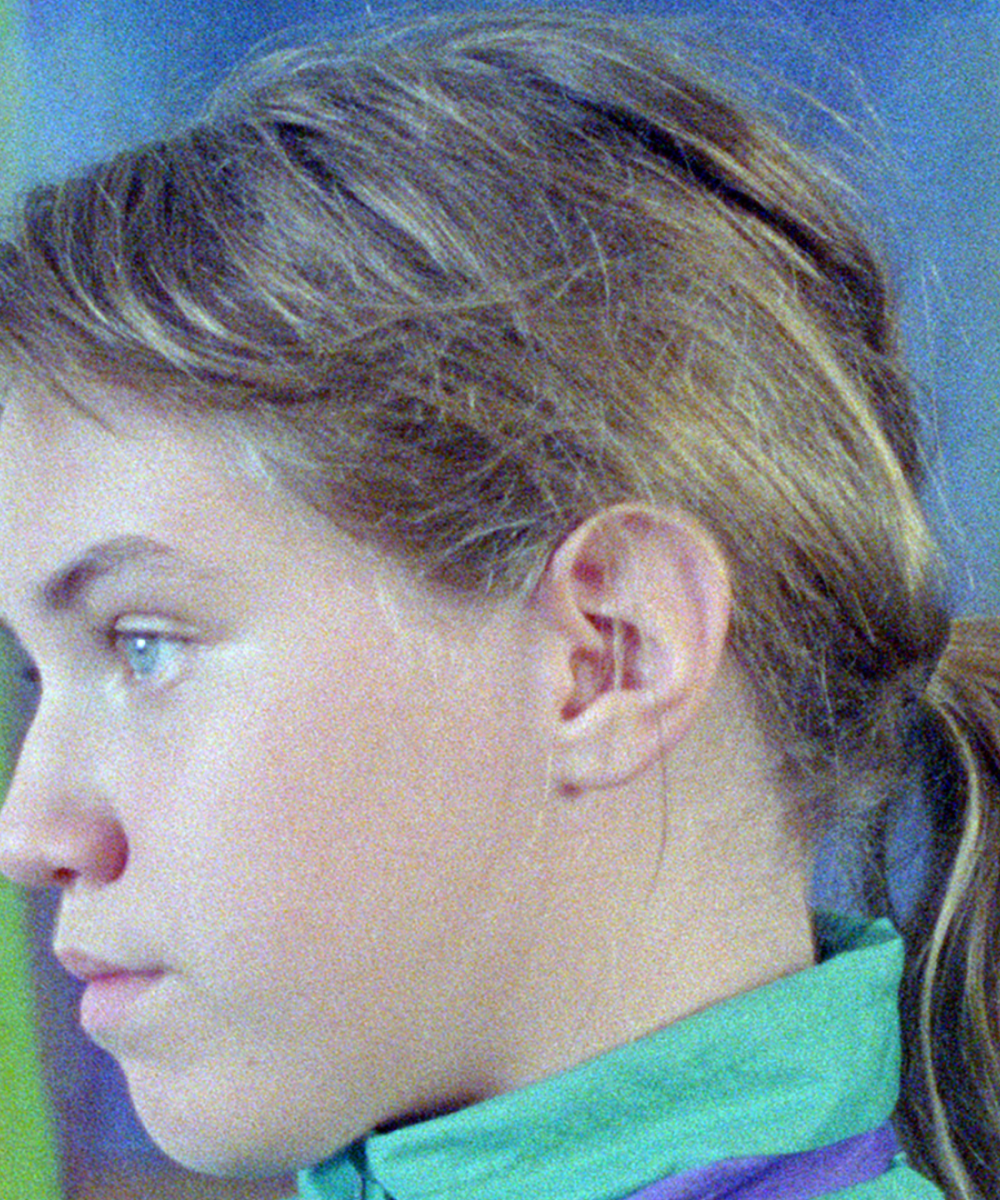
05
25
NEWS
"When The Phone Rang" won the 2025 New Vision Award
Since 2021, the MIOB New Vision Award has been recognising the best first or second European feature film of the year, supporting a new generation of filmmakers. This year, the Serbian-American film "When The Phone Rang", directed by Serbian director Iva Radivojević, won the fifth edition of the New Vision Award at the Crossing Europe Festival in Linz, Austria.
The film received the MIOB New Vision Award on Saturday, May 3rd, during the closing ceremony of the Crossing Europe Festival. The award includes a €3,000 prize and screenings at partner festivals in the MIOB network. Winner of the main prize at the 34th FilmFestival Cottbus, When the Phone Rang was also featured in a special section at the 2025 Trieste Film Festival.
Here is the jury statement:
“Imaginative, bold and stimulating, this film explores memory and reality by looping fragments of time into a fresh and very cinematic tapestry. As in a recurring dream, it confronts trauma in an oblique but honest way, a testament to art's power to heal and increase understanding.
The members of the jury are delighted to announce that the winner of the MIOB New Vision Award 2025 is Iva Radivojević, for WHEN THE PHONE RANG / KADA JE ZAZVONIO TELEFON.”
The jury of this fifth edition was composed of Annina Wettstein (Film programmer/curator - CH), Marta Balaga (Journalist - PL), Neil Young (Film Critic, Film Programmer - GB/AT).
A warm thank you from the MIOB network to all the directors and teams behind the twelve films in this year’s competition.
When The Phone Rang - directed by Iva Radivojević
73min | Serbia/USA | 2024
Through an intimate reconstruction of an important phone call, When The Phone Rang investigates dislocation and the nature of remembering. In the protagonist’s eleven year old mind the phone call erases her entire country, history and identity.
Director's Statement:
"With the film I’m interested in recreating and revisiting the days before the departure, which signal a kind of tearing, a kind of death. The film is fragmented in the same way that memory is fragmented. In fact, a migrant’s existence is inherently fragmented as they move from country to country, language to language, reality to reality. The film investigates not only personal memory but also collective memory of a particular moment in place and time. If we consider one of the aims of war to be the destruction of memory, eradicating culture’s memory and collective existence then these private, unwritten accounts act as counter-memory, surviving despite the attempts of erasure and preserving narratives outside of national and nationalistic (authoritative) agendas."
➜ Learn more about the film here
➜ Official trailer
